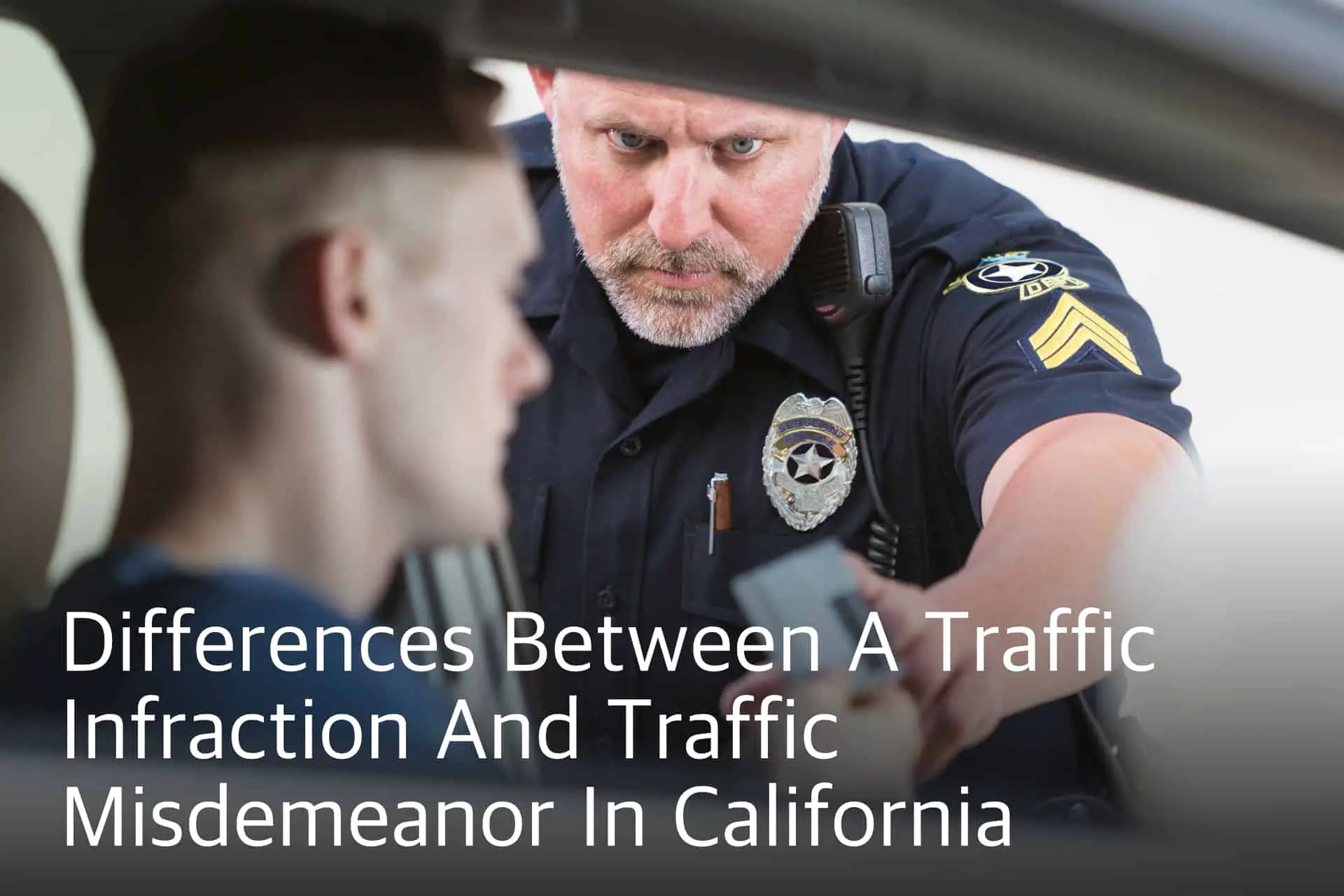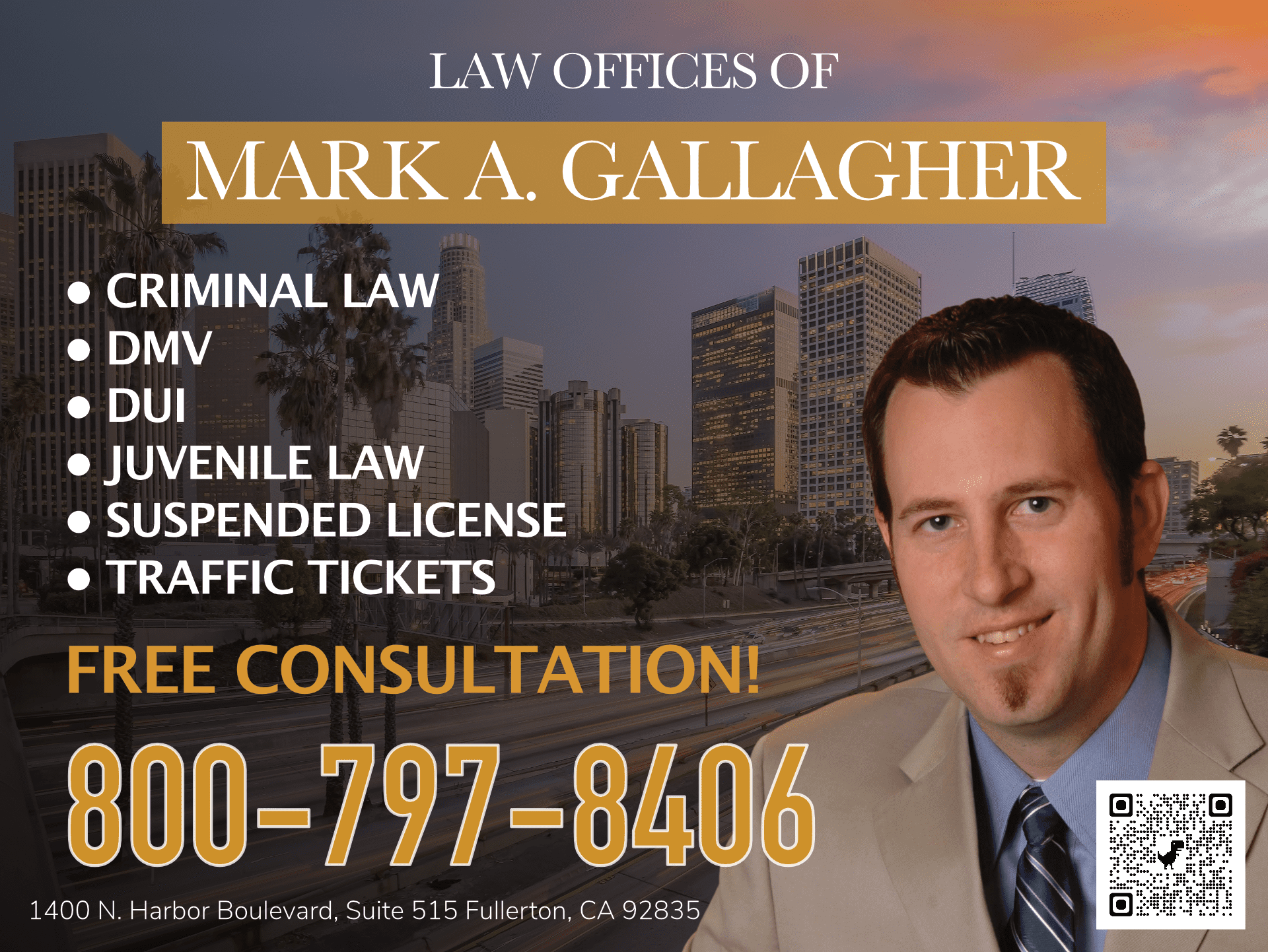Legal Drug Use & DUI
Public awareness of DUI is at an all-time high, with ramped up law enforcement efforts aimed at detection and vigorous prosecution by the District Attorney of those who are arrested. And while alcohol is commonly identified as the substance involved in a DUI arrest, may California DUI defense attorneys report illicit drugs and legal drugs also play roles. In fact, for purposes of the DUI charges, the law makes no distinction between illegal and legal drugs, and the fact that you may have a valid prescription for a specific medication is not valid defense.
Vehicle Code
Closely paralleling California’s driving under the influence of alcohol law found at VC 23152(a), the relevant code regarding drugs and driving are:
- VC 23152(e): It is unlawful for a person who is under the influence of any drug to drive a vehicle.
- VC 23152(f): It is unlawful for a person who is under the combined influence of any alcoholic beverage and drug to drive a vehicle.
A “Drug” as Defined for DUI Purposes
A drug is defined as any type of substance other than alcohol that may have an effect on an individual’s nervous system, brain or muscles. Thus, if a driver is impaired by the ingestion of drugs to the extent he or she cannot drive as a sober driver could under similar circumstances, he or she may be charged with a DUI drug offense.
A Drug DUI Detection Investigation is Different than a DUI Alcohol Charge
California’s DUI alcohol laws allow alternate charges to be brought against a suspect; driving while impaired by alcohol under VC 23152(a) or driving with a blood alcohol content of 0.08 or greater VC 231529(b), the so-called “per se” law. Despite the fact that a DUID suspect may have a blood sample taken, there is no legally established quantitative threshold like the 0.08 BAC for alcohol that would support a per se DUID prosecution. Consequently, most DUID cases revolve around the issue of whether the suspect was in fact under the influence of drugs.
Drug Recognition Expert
If a DUI suspect is detained, but the officer who initiated the stop finds no evidence of alcohol use, it is common practice to bring in a DRE, a specifically trained individual who typically follows a 12 step protocol designed to eliminate alcohol as a factor, identify which drug or drugs categories may be involved and determine the driver’s level of impairment. Based on the results of the evaluation, a DUID arrest may follow.
Defenses
Despite what many people may believe, an arrest for a DUI or DUID is not an automatic conviction. General defenses a DUI lawyer can mount may challenge the reason for the stop, the police interaction with the suspect or the collection or preservation of evidence. Specifically to DUID, more so than with alcohol, the specific manner in which drugs impact the accused individual are unique and subject to interpretation.




